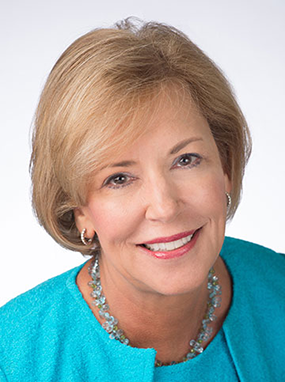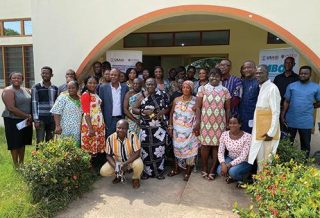TOOLS
Tying It All Together
Defining the roles and responsibilities that contribute to coherence from Becoming a Learning Team
By Tracy Crow and Stephanie Hirsh
Categories: Continuous improvementOctober 2017
Vol. 38 No 5
Read the remaining content with membership access. Join or log in below to continue.
Sed ut perspiciatis unde omnis iste natus error sit voluptatem accusantium doloremque laudantium, totam rem aperiam, eaque ipsa quae ab illo inventore veritatis et quasi architecto beatae vitae dicta sunt explicabo. Nemo enim ipsam voluptatem quia voluptas sit aspernatur aut odit aut fugit, sed quia consequuntur magni dolores eos qui ratione voluptatem sequi nesciunt. Neque porro quisquam est, qui dolorem ipsum quia dolor sit amet, consectetur, adipisci velit, sed quia non numquam eius modi tempora incidunt ut labore et dolore magnam aliquam quaerat voluptatem.
About The Book
Becoming a Learning Team offers teachers step-by-step guidance in using collaborative learning time to solve specific student learning challenges.
Teacher teams can use the tools and strategies to:
Understand the value and importance of collaborative learning to improve teaching and learning;
Launch a learning team cycle with five key stages;
Implement each of the five stages with specific strategies and supporting protocols;
Adapt the cycle to fit specific school and district calendars and initiatives; and
Engage external support in sustaining learning teams.
This book builds on the ideas explored in companion publications Becoming a Learning System and Becoming a Learning School. Each chapter includes additional tools and vignettes of actual school-based learning teams to help teachers facilitate or lead learning team cycles as part of their daily routines.
Order today at
https://store.learningforward.org
Price: $45.00
Member Price: $36.00

Tracy Crow served as chief strategy officer for Learning Forward.

Stephanie Hirsh retired in June 2019 after 31 years with Learning Forward, an international association of more than 13,000 educators committed to increasing student achievement through effective professional learning. Hirsh led the organization as its executive director for the last 13 years where she presented, published, and consulted on Learning Forward’s behalf across North America.
Categories: Continuous improvement
Recent Issues
LEARNING DESIGNS
February 2025
How we learn influences what we learn. This issue shares essential...
BUILDING BRIDGES
December 2024
Students benefit when educators bridge the continuum of professional...
CURRICULUM-BASED PROFESSIONAL LEARNING
October 2024
High-quality curriculum requires skilled educators to put it into...
LEARNING TO PIVOT
August 2024
Sometimes new information and situations call for major change. This issue...












